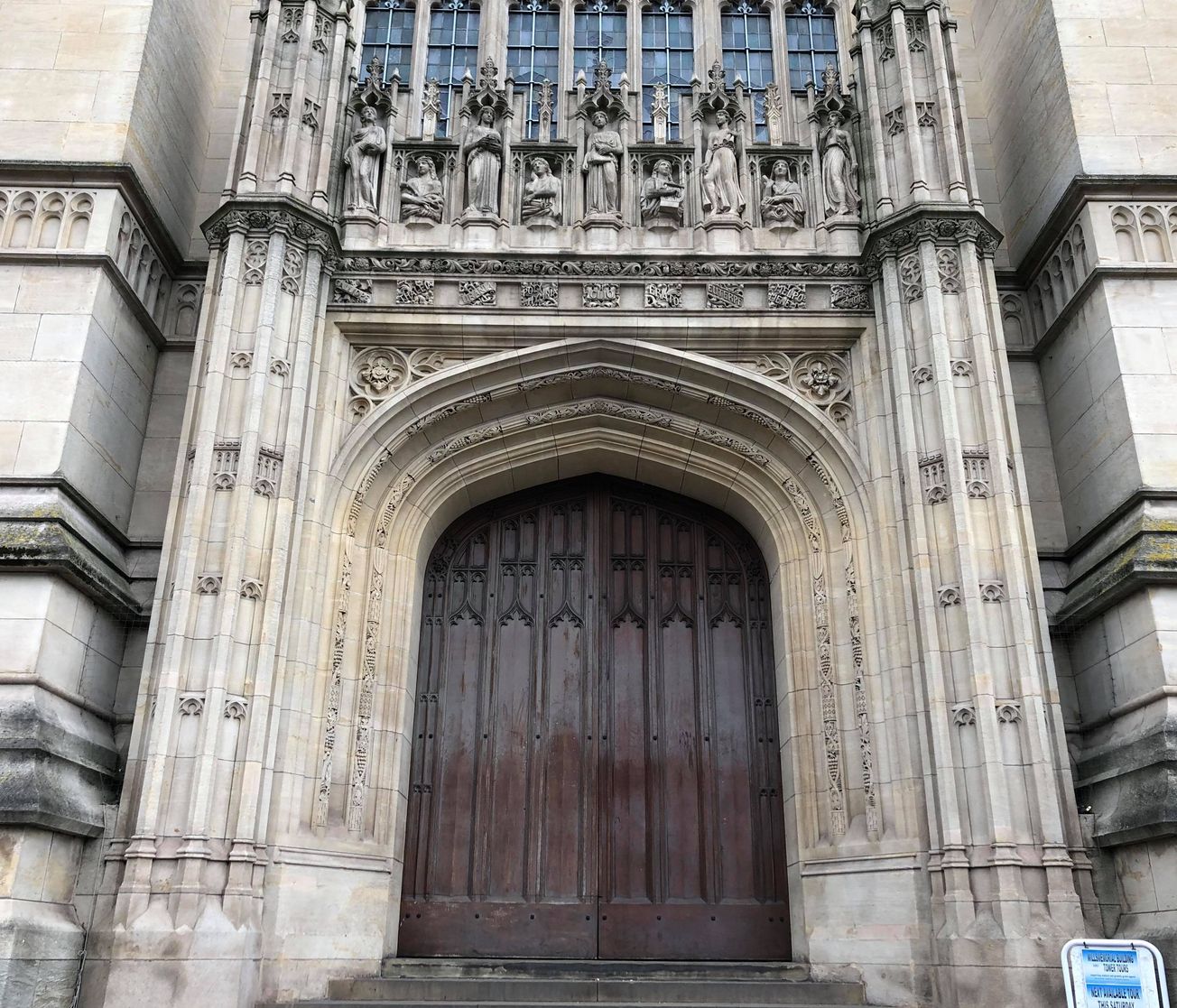Deputy Online News Editor, Will Charley, responds to the recent news that found the University of Bristol is the third worst-perfoming university for accepting rich and poor students on an equal basis, condeming their inefficient equal access schemes.
The University of Bristol's motto is 'Vim Promovet Insitam', which thanks to Google, translates as 'the inbred'.
Of course, that is certainly not the correct translation. Instead, it means 'learning promotes one's innate power'. However, this flaw with the translation of the motto is the perfect metaphor for the University itself. The University of Bristol regularly states that it is easily accessible to students of all economic backgrounds, but when students examine this claim the evidence suggests otherwise.
This week, a detailed study revealed Bristol to be the third worst university for wealth equality amongst students. In the study by the Higher Education Policy Institute (HEPI), of all the universities ranked in the UK, the 'Russell Group' collectively performed worst in allowing equal access. Cardiff University performed best in the Russell Group, yet did not even make the top half of the table.
Upending the rankings: Benchmarking widening participation in universities - https://t.co/ZAr7KynUhP pic.twitter.com/lurupZ7mQd
— HEPI (@HEPI_news) 4 April 2018
In fact, as Epigram has reported, the University of Bristol is listed as having more economic inequality than some universities traditionally considered 'elitist', such as Oxford and Durham. According to the study, only the universities of Cambridge and St Andrews perform worse than Bristol in terms of having a student body from all economic backgrounds.
This should hardly be a surprise to many students at the University of Bristol.
The SU and Press Office at Bristol like to present the University as one of the most diverse educational institutes, regularly making headlines with flashy new schemes, such as 'a review of all curricula to ensure that they are inclusive' and a new contextual offer system.
It’s weird to go to a uni like Bristol and be seen as a disadvantaged student cos you didn’t go to private school 💸💸
— James 🇨🇾🇧🇪🇪🇪🇲🇹🇬🇧 (@64ZooeyLane) 21 October 2017
However, what these policies deliver is little and the HEPI study only builds on other investigations by student bodies. Indeed, whilst the HEPI study examined the relationship between universities and the economic position of their students, by looking at the inflated number of private school students at Bristol, a similar story is revealed.
Earlier this year, it was revealed that of the 4,823 students in halls this year, 30 per cent were privately educated, over-representing their peers nationally by fourfold. Similarly, the University of Bristol has one of the lowest intakes of state school students at 61.4 per cent. Clearly, there is sufficient evidence to suggest that the University of Bristol is failing its duty to accept students from all economic background, despite its flashy schemes.
Of course, some students will point out that the standard of teaching in private schools is often higher, with students being given more individual attention in the classroom as well as more support in applying to top universities. This, they argue, will inevitably lead to more privately educated students making the top grades demanded by prestigious universities such as Bristol, so leading to a natural imbalance in the private-to-state ratio.
Private school kids given a third of scholarships in controversial uni scheme https://t.co/NpNIf6j3Nz pic.twitter.com/xZAHEys3Yq
— HuffPost UK (@HuffPostUK) 2 March 2017
Well, they aren't wrong, entirely. However, in a recent study carried out by Epigram, it was revealed that privately educated students at the University of Bristol perform little to no better than their peers who have been educated in state and grammar schools. Put simply, those at the University of Bristol from state school backgrounds are equally academically capable, suggesting that the university should do more to contextualize the offers given to these students. A disproportionate acceptance of students from an affluent background is unwarranted.
What is clear, is the desire for the university to present itself as progressive whilst not following through.
For example, despite being described as 'sector leading' by a university spokesperson and making good headlines, the glossily named Bristol Scholars Programme is fundamentally flawed.
In essence, this scheme targets 'high potential local school students', which sounds entirely positive until the limited impact of such a scheme is realised. The majority of school pupils tend to move away from the cities they have grown up in when they attend university. This means that the Scholars Programme targets an absolute minority of students within the Bristol school system itself and fails to look beyond the local area.
Absolutely love this scheme by @BristolUni. Poor kids with lower grades outperform straight A rich kids. Can we have one for Oxford please? pic.twitter.com/VsXvG83vLu
— Dr Richard Parfitt (@RichieParf) 15 December 2016
Rather than carrying out a genuine programme to improve equal access, such as targeting high performing schools nationally, the University of Bristol unjustly grabs the spotlight, presenting itself as leading the advance to economic equality.
So perhaps the university is best summed up by its motto, 'the inbred'.The Vice-Chancellor of the University of Bristol, Hugh Brady, attended private school himself and his university continues to bring in a significantly disproportionate number of affluent students. Similarly, in the same way that it is difficult for students to find the correct translation of our motto, it is equally difficult for students to find any real evidence of improving economic equality at Bristol.
Featured Image: Epigram / Cameron Scheijde









